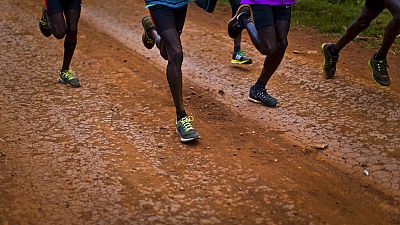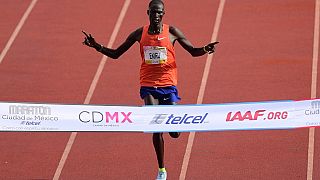South Africa
Less than five months before the Paris Olympic Games, the World Anti-Doping Agency suspended the activities of the only approved analysis laboratory in Africa at the end of the day on Monday.
WADA said the accreditation of the laboratory in Bloemfontein, South Africa, has been withdrawn for up to six months due to flaws in an analysis method aimed at detecting steroid use by athletes.
Samples from Bloemfontein must now be transported safely to another WADA-accredited laboratory.
“This measure aims to ensure the continuation of high-quality analysis of samples and to preserve the confidence of athletes in this process and the anti-doping system as a whole,” WADA said.
The 30 WADA-approved laboratories closest to South Africa are in Qatar (6,600 km from Bloemfontein), India, Portugal, Spain and Turkey.
Collecting samples at remote training centres and transporting them long distances to laboratories increases the risk that they will degrade and be unusable for testing.
These laboratories may also be involved in the evaluation of all future samples taken from African athletes, notably as part of a global anti-doping program before the Paris Olympic Games which open on July 26.
WADA said the restrictions on only the IRMS analytical method were first imposed on the South African laboratory in September.
" Multiple non-compliances" in Bloemfontein's work were then noted last month by a group of experts advising WADA, the Montreal-based agency said.
The suspension of all testing in Bloemfontein took effect last Friday, but it can be lifted before the six-month limit if the laboratory meets the required international standards.












00:50
Ons Jabeur retires from Wimbledon Opener due to breathing issues
01:47
New International Olympic Committee president Kirsty Coventry faces high expectations
01:50
Faith Kipyegon falls short of historic sub-four minute mile but vows to keep pushing
11:15
AI drones lead breakthrough against malaria in Africa [Business Africa]
01:29
Experts warn of danger of exercising in extreme heat and humidity
01:02
As cholera cases surge, African leaders urge local production of vaccine